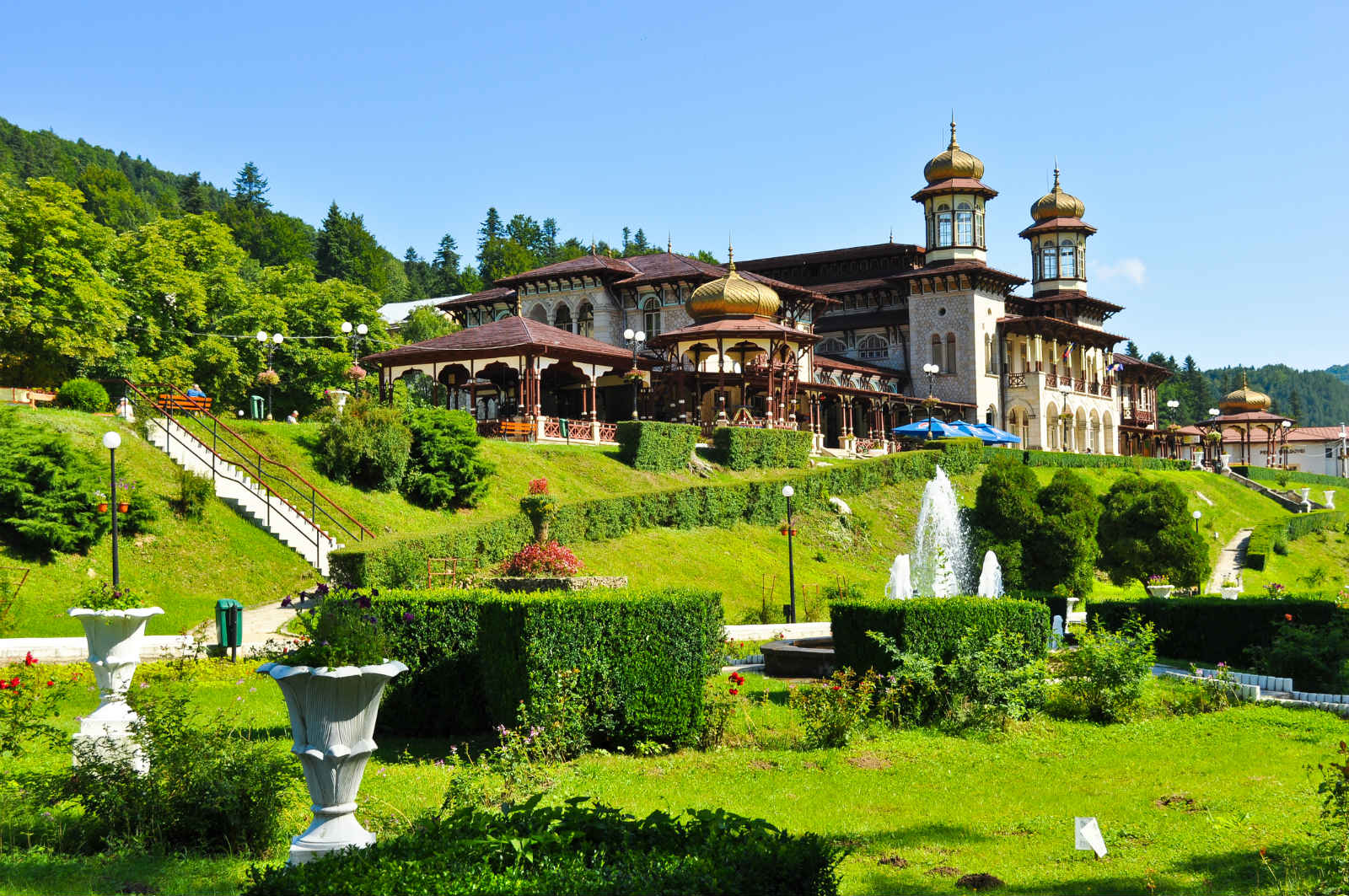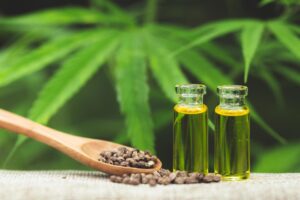Moldova has taken a historic step by granting its first-ever Hemp Cultivation Approval, signaling a transformative moment for the country’s agricultural and economic landscape. With the increasing global acceptance of industrial hemp, Moldova’s decision paves the way for a promising future in sustainable farming, economic diversification, and environmental conservation.
A Historic Decision for Moldova
Moldova, a country with deep agricultural roots, has long been reliant on crops like wheat, corn, and grapes. However, with global demand shifting towards sustainable and versatile crops, industrial hemp has emerged as a viable alternative. The recent Hemp Cultivation Moldova approval comes after years of deliberation, research, and policy adjustments, finally allowing farmers to explore this lucrative sector legally.
The approval aligns Moldova with other European nations that have embraced hemp farming, including France, Germany, and the Netherlands. This move is expected to boost rural economies, create jobs, and attract foreign investments, positioning Moldova as a new player in the industrial hemp market.
Understanding the Economic Potential of Hemp in Moldova
The hemp industry is valued at over $5.66 billion globally, with projections estimating it to surpass $18.6 billion by 2027. With its rich soil and favorable climate, Moldova is well-positioned to tap into this booming industry.
According to agricultural experts, the country’s farmers could benefit significantly from the Moldova Hemp Cultivation approval. Hemp requires less water, pesticides, and fertilizers compared to traditional crops, making it a cost-effective and eco-friendly alternative. Additionally, the plant has multiple applications, from textiles and biofuel to food products and medicinal use, offering farmers diverse revenue streams.
Moldova’s entry into the hemp market is expected to contribute to the economy by:
- Generating millions in export revenues as demand for hemp-derived products rises.
- Creating thousands of new jobs across farming, processing, and distribution sectors.
- Attracting foreign investments as international companies seek to source hemp from Moldova.
Regulatory Challenges and Policy Reforms
Before securing the Hemp Cultivation Approval, Moldova had strict regulations on cannabis-related plants, which hindered hemp farming despite its non-psychoactive nature. Unlike marijuana, industrial hemp contains less than 0.3% THC, making it unsuitable for recreational use.
The approval came after extensive policy discussions and lobbying from agricultural experts, business leaders, and international organizations. The new regulatory framework ensures that hemp farmers must:
- Obtain licenses and permits from the government.
- Adhere to THC limits as per European Union standards.
- Implement strict monitoring and reporting systems to prevent misuse.
By establishing clear regulations, Moldova aims to maximize the benefits of hemp cultivation while preventing illegal activities linked to cannabis.
Sustainability and Environmental Benefits
One of the key advantages of Hemp Cultivation Moldova is its positive impact on the environment. Hemp is a highly sustainable crop that offers several ecological benefits:
- Carbon Absorption: Hemp absorbs 1.63 tons of CO₂ per ton produced, making it more effective than trees in combating climate change.
- Soil Health Improvement: The plant’s deep roots prevent soil erosion and improve its quality, making it ideal for crop rotation.
- Reduced Pesticide Use: Hemp naturally resists pests, reducing the need for chemical pesticides and herbicides.
- Water Efficiency: Compared to crops like cotton, hemp requires significantly less water, making it suitable for Moldova’s climate.
By embracing Hemp Cultivation Moldova, the country is taking a step towards a more sustainable agricultural sector, aligning with global efforts to combat climate change and promote eco-friendly farming practices.
Industrial Applications and Market Opportunities
Hemp is known for its versatility, offering over 25,000 industrial applications across various sectors. Some of the most lucrative markets for Moldovan hemp include:
- Textile Industry: Hemp fibers are stronger and more durable than cotton, making them ideal for sustainable fashion and industrial textiles.
- Bioplastics and Packaging: As the world shifts away from petroleum-based plastics, hemp-based biodegradable plastics present a greener alternative.
- Construction Materials: Hempcrete, made from hemp and lime, is gaining popularity as an eco-friendly building material with excellent insulation properties.
- Health and Wellness: Hemp-derived products such as CBD oil, hemp protein, and skincare items have seen skyrocketing demand globally.
Given these diverse applications, Moldova Hemp Cultivation could unlock new trade opportunities with Europe, North America, and Asia, where the demand for sustainable and hemp-based products is on the rise.

Challenges and Future Outlook
Despite the potential benefits, challenges remain in implementing Hemp Cultivation Approval successfully. Key obstacles include:
- Infrastructure and Processing Facilities: Moldova needs to develop adequate hemp processing plants to maximize its economic returns.
- Farmer Education and Training: Ensuring that farmers understand best practices for cultivating and harvesting hemp will be crucial.
- Market Competition: Established players like China, Canada, and the U.S. dominate the global hemp market, making it essential for Moldova to find its niche.
However, with proper investments in infrastructure, research, and education, Moldova can overcome these challenges and emerge as a competitive hemp producer. The government’s role in supporting Hemp Cultivation Moldova through subsidies, incentives, and partnerships with international companies will be critical in shaping the industry’s success.
A New Era for Moldova’s Agriculture
Moldova’s Hemp Cultivation Approval marks the beginning of a new era for the country’s agricultural sector. With a strategic approach, the nation can position itself as a leader in sustainable farming, create thousands of jobs, and strengthen its economy.
By leveraging its fertile lands and embracing innovation, Moldova is setting the stage for a prosperous and eco-friendly future in industrial hemp cultivation. The road ahead may have challenges, but the opportunities far outweigh the risks. With the world shifting towards sustainability and natural resources, Moldova has made a timely and promising move into the hemp industry.
Moldova’s recent Hemp Cultivation Approval opens exciting opportunities for businesses seeking high-quality, sustainable hemp products. At NanoHempTechLabs, we source premium hemp directly from Moldova’s fertile lands, ensuring top-tier quality for textiles, bioplastics, wellness, and more. With eco-friendly cultivation and strict quality control, our products meet global standards, providing reliability and sustainability for your business.
Partner with us today to access the best wholesale hemp solutions. Let’s grow together—schedule a call with our experts now and explore how NanoHempTechLabs can supply your hemp needs!
Reference:
- Adesina, I., Bhowmik, A., Sharma, H., & Shahbazi, A. (2020). A review on the current state of knowledge of growing conditions, agronomic soil health practices and utilities of hemp in the united states. Agriculture, 10(4), 129. https://doi.org/10.3390/agriculture10040129
- Ajayi, O. and Samuel-Foo, M. (2021). Hemp pest spectrum and potential relationship between helicoverpa zea infestation and hemp production in the united states in the face of climate change. Insects, 12(10), 940. https://doi.org/10.3390/insects12100940
- Crini, G., Lichtfouse, É., Chanet, G., & Morin‐Crini, N. (2020). Applications of hemp in textiles, paper industry, insulation and building materials, horticulture, animal nutrition, food and beverages, nutraceuticals, cosmetics and hygiene, medicine, agrochemistry, energy production and environment: a review. Environmental Chemistry Letters, 18(5), 1451-1476. https://doi.org/10.1007/s10311-020-01029-2





